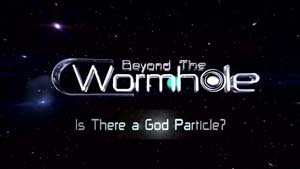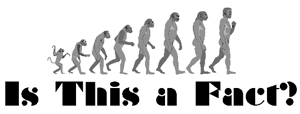 Interior – St. Peter’s Basilica as painted by Giovanni Paolo Panini Interior – St. Peter’s Basilica as painted by Giovanni Paolo Panini |
Claims that there is no evidence that Jesus ever existed are simply untrue. Here’s why. |
In the companion article, Is Faith Rational, I note that many atheists claim:
You’ll find this objection from bloggers and authors2 alike among other skeptics. In response, I pointed out 4 items that are historical or archaeological evidence of the existence of Jesus to silence this claim. They are:
In the companion article there was not space to discuss these issues, so here is that discussion. Physical Evidences of Jesus’ Existence: First, please note these are presented as evidences not proofs. It’s very difficult to “prove” anything that happened in the past. However what we do have left from events in the past is evidences that the event occurred. The following are evidences that Jesus existed. 1. St Peter’s Basilica; Cathedrals and Churches all over the world. Before moving on – wait – I hear an atheist saying, based on that logic every pagan god for which a temple was built must also exist. Nice try. Let’s consider a pagan temple the Bible mentions – the temple of Artemis (Roman name: Diana) in the city of Ephesus. (Acts 19.27) and compare how people treat a mythical god with how they treat Jesus: – Is Artemis worshipped in any significant way today? Does she have thousands of temples/churches? – When swearing or cursing, does anyone swear by Artemis? Or use Artemis as an expletive? – Does anyone claim Artemis loved mankind enough to become incarnate, live on earth and redeem mankind from his own sin and folly? – Is time divided before and after the coming of Artemis? – Does Artemis have an animal marked on its body with her symbol that carried her in triumph as Jesus does? (John 12.12-15) Has her symbol inspired kings and armies like the Chi Rho did Constantine and his army? – Did Artemis prophesy anything that was fulfilled? Whether you love Jesus and revere him or despise him and use his name as an expletive, clearly the responses to Jesus has always been, and always will be qualitatively and quantitatively different from any other so called god. This makes both the worship of Jesus and his places of worship also qualitatively different. There is an entire fabric of evidences that St Peter’s Basilica becomes part of strengthening the entire case for the existence of Jesus. The temple of Artemis [or substitute any false god – Zeus, whatever] is a single thread that simply reminds man of his tendency to idolatry and folly. So please, don’t bother with the comparisons to other fallen temples. 2. Nails From the the Cross of Jesus While this find is helpful, what’s even more interesting is this: archeologist Simcha Jacobovici, noted that in the grave of the Caiaphas were two nails. He believes he has found the very nails used to affix Jesus to the cross, stating he has made: Continue Reading |









.jpg)
